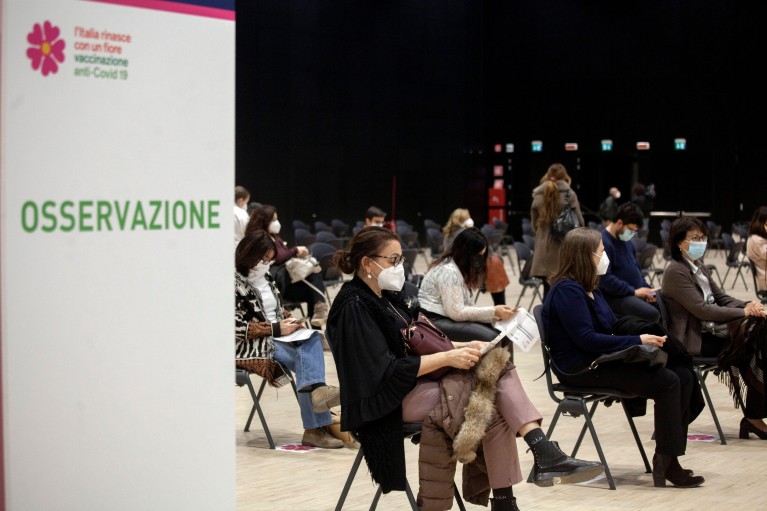
Rome, ITALY - 24 February 2021: First day of mass vaccination for teachers. Credit: Sara De Marco / Alamy Stock Photo.
Discussions about vaccination against COVID-19, and about how to increase vaccination rates, are dominating headlines in several countries, with significant attention devoted by the news media to so-called anti-vaccination positions. New data about attitudes towards vaccination against COVID-19 in Italy collected through the Science in Society Monitor* reveal interesting trends.
First of all, willingness to be vaccinated has significantly and steadily increased in the Italian population since vaccines were first announced in late 2020. According to the most recent data, 85% of Italians have either been vaccinated already, or plan to be soon (fig.1).
Hard ‘anti-vax’ positions (those who have no intention of being vaccinated because of an ideological opposition) actually represent a small minority (2%), although quite vocal and visible.
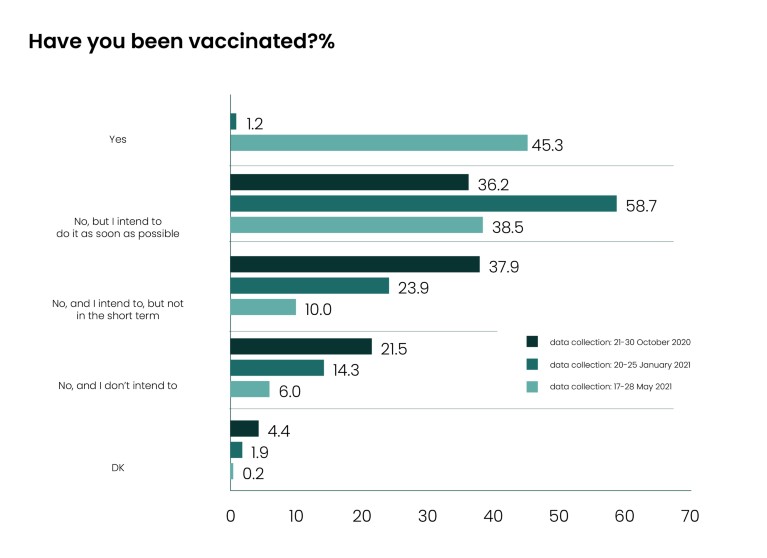
Figure 1. Source: Observa Science in Society Monitor, 2021.
On the other hand, citizens who hesitate to be vaccinated mostly mention possible side effects with regard to their health. These concerns should be addressed clearly and openly by institutions and agencies, rather than be disregarded as irrational prejudice. Confusion and uncertainty in communicating decisions about the AstraZeneca vaccine has certainly not helped in this respect.
Despite widespread stereotypes, social media play a very modest role in information about vaccines and the pandemic situation. Only 6% of interviewees mention social media contacts and web forums as their key information source, and only 4% consider such contacts and forum the main trustworthy information source (figures 2, 3). In addition, many of those who have heard about vaccination safety issues in social media have later sought clarification on this matter from their own medical doctor (GP).
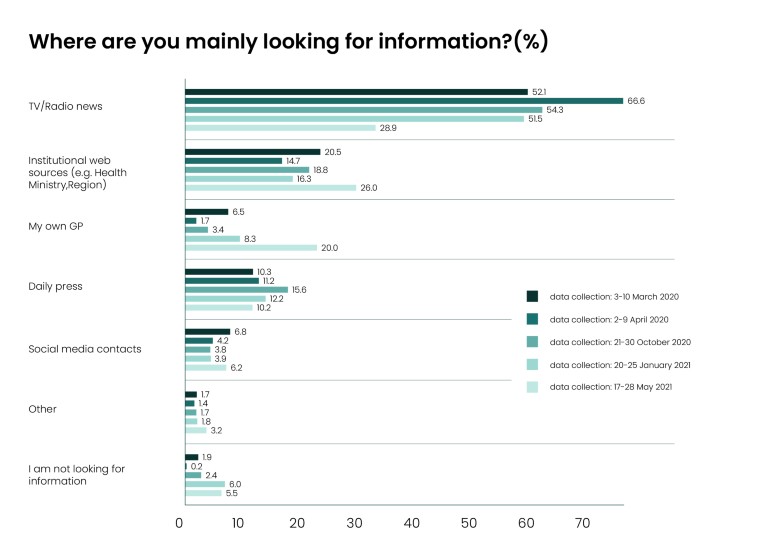
Figure 2. Source: Observa Science in Society Monitor, 2021.
In general, the role of GPs as key information sources about the pandemic has significantly increased during the last year, with one citizen over five now considering their GP as their main reference.
At the same time, more than one-third continue to principally rely on indications from institutional sources (Ministry of Health, Regional Health Departments), a trend which has been observed since the early stages of the pandemic.
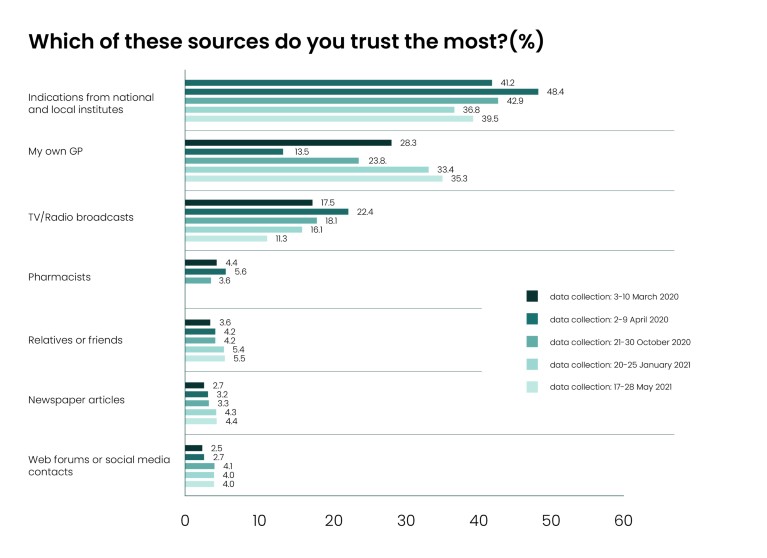
Figure 3. Source: Observa Science in Society Monitor, 2021.
The communication role of experts is less appreciated. 71% of Italians think there has been excessive exposure of scientific experts in the media; another two-thirds regret that experts were often led to speak on topics they were not necessarily competent about (e.g. virologists commenting on educational policies or impacts of lockdown on mental health) (fig.4). This factor should not be underestimated in terms of communication impact, considering also that TV (where thousands of heated discussions among experts were featured) is mentioned by respondents as the main source of news questioning the safety of Covid-19 vaccines.
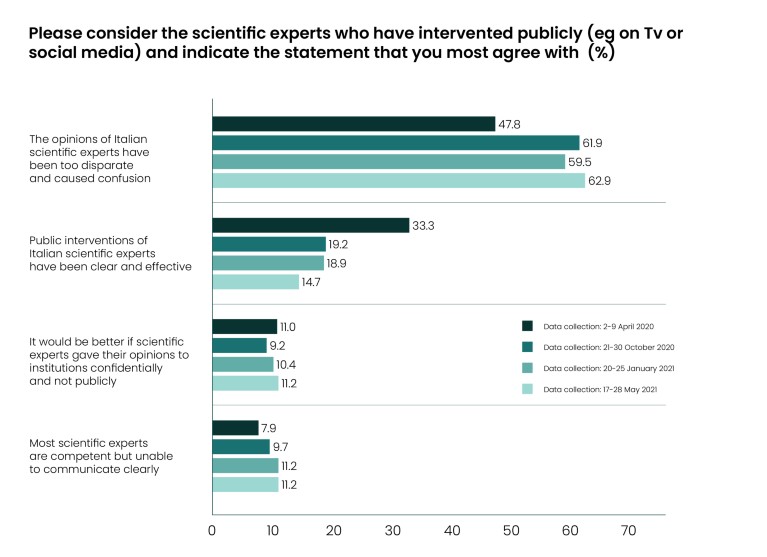
Figure 4. Source: Observa Science in Society Monitor, 2021.
Overall, our data point to increasing responsibility and relevance of communication by institutions and medical doctors (GP). Institutional communication should expand and focus efforts to address the relevant concerns of hesitant citizens with regard to possible side effects of vaccination, rather than engaging with opposition by anti-vax minorities. In this light, GPs could play an increasingly relevant role that could be further sustained by appropriate institutional communication.
